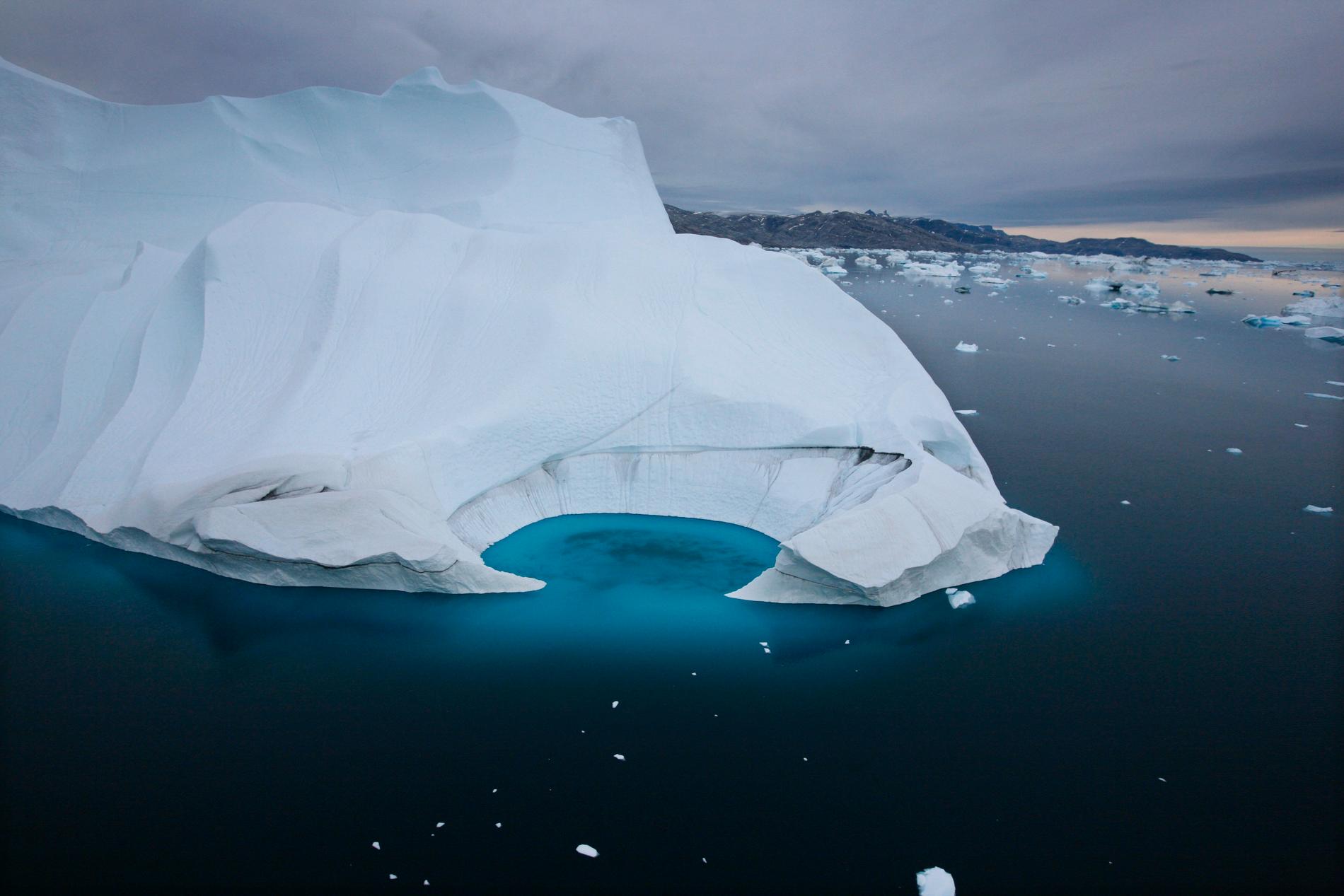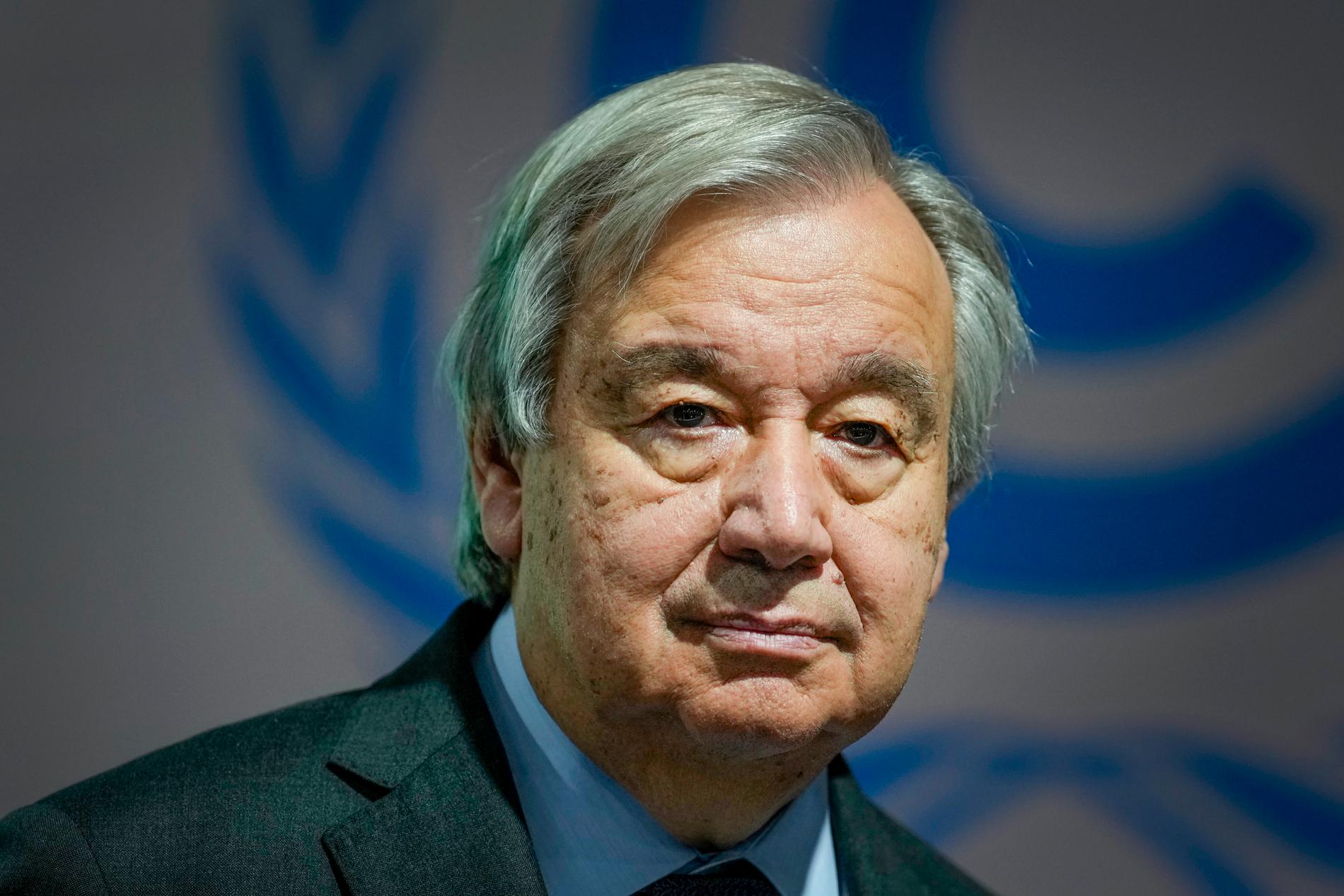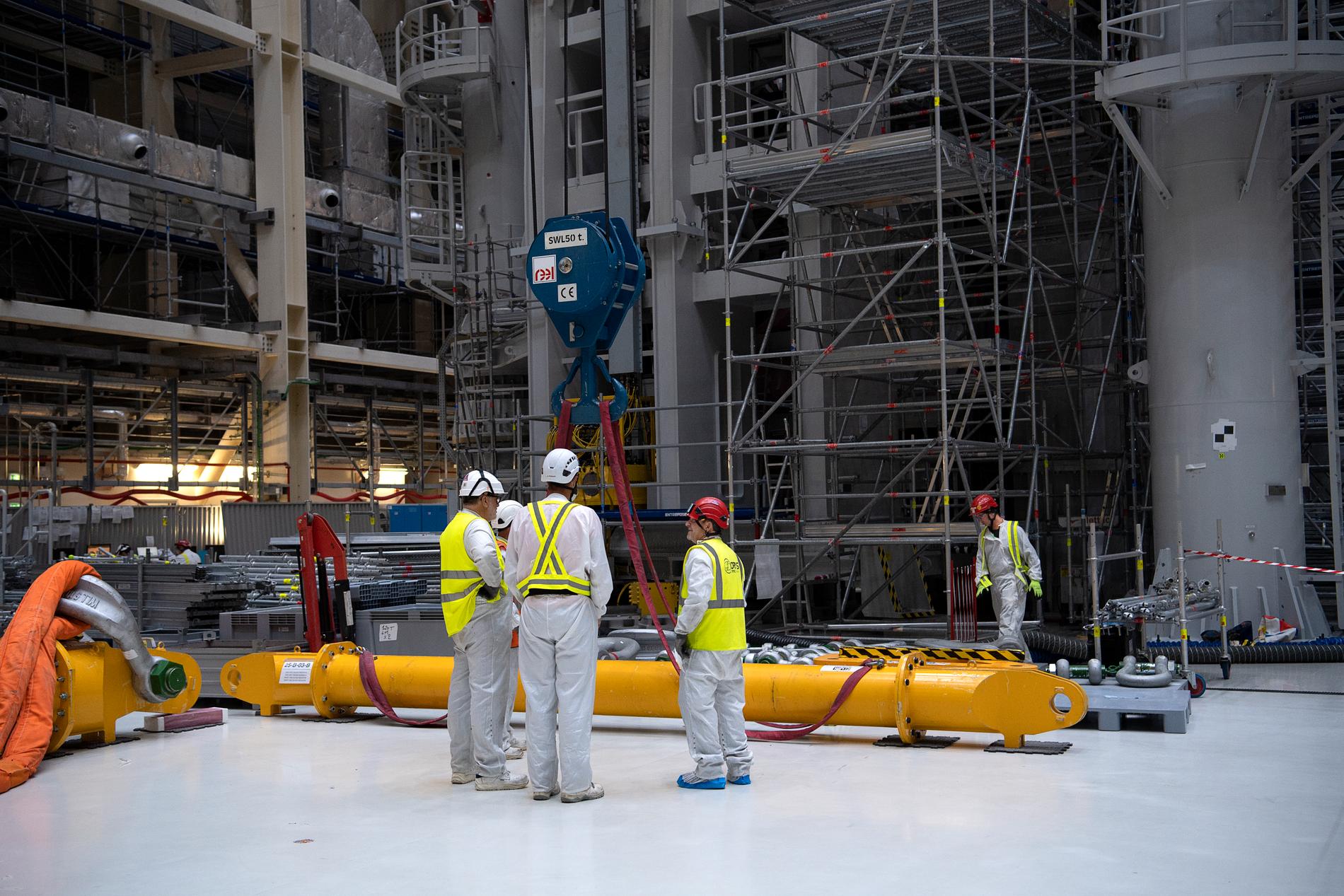
Wolfgang Hansson
Should we just lay down and die?
Published: Less than 30 min ago
This is a commenting text. Analysis and positions are the writer's.
COLUMNISTS
As if the world situation wasn't gloomy enough already, doomsday news about the climate now appears daily.
Melting ice, thawing permafrost, increased methane emissions, floods and food shortages.
Sometimes everything feels hopeless, like we might as well lay down and die.
When the UN chief opened the COP 27 climate summit at a seaside resort in Egypt, he really tried to shake us up.
- We are driving on a highway towards climate hell, with our foot still on the gas pedal, thundered Antonio Guterres.
An unusually harsh use of language to come from the world's top diplomat.
But what was the reaction?
Apart from the fact that many, like me, probably pulled their mouths at the nod to the hard rock group AC/DC's old monster hit, the alarmist words were met with a shrug. Just as has happened with all the alarm reports that have landed recently that the ice is melting faster than the scientists so far thought and that we are about to miss the 1.5 degree target by a good margin.
Neither Guterres nor anyone else can shake us to life for the simple reason that we are already awake. We know that everything is going to hell with our planet. Being constantly reminded makes us more depressed and exhausted than actionable.
Because the relevant question is that if we know it's headed straight for the woods why don't we do more to stop the development while we can?
The answer is as simple as it is sad:
Because our societies are stuck in the energy dependence on which we built them.
It is not possible to exchange our dependence on fossil energy for fossil-free energy in a short period of time. If we all stop driving our cars tomorrow and shut down all industries that emit carbon dioxide, we may reach the 1.5 degree target but our societies will die.

Melting ice in Greenland. Photo: John McConnico/AP
Catch 22
We are stuck in a catch 22 where, in order to survive, we have to let the use of gas, oil and coal tick on to a certain extent, while we now know that it destroys the planet in the long term. The gradual transition required for us to make the transition in a reasonably painless way is going too slowly for the simple reason that we started too late.
So what can we do?
Some get so frustrated that they stick to the road and block traffic or throw mashed potatoes at iconic works of art. I hardly think it contributes to the solution.
It is not knowledge of what is about to happen that is missing, but an ability to, in an orderly and well-organized way, make the world's countries and the fossil industry change direction at the same time. That ability is not improved by the fact that it is politicians who want to be re-elected every four years who control the process. Politicians that we, at least in the world's democracies, choose ourselves.
When they refuse to make the necessary long-term decisions, it's because we, as a collective, won't let them.
No, hope lies elsewhere. If I were young today, reasonably intelligent and scientifically inclined, I would see it as my main task, even duty, to research the energy of the future, sustainability and recycling. New technology is the only thing that can save the planet when we are constantly getting more and more at the same time we have to reduce our climate footprint.
Next week we will pass eight billion people on Earth. A hundred years ago we were not even two billion. Hell believe that emissions are increasing.

UN Secretary General Antonio Guterres. Photo: Javad Parsa / NTB
Promising techniques
I recently visited a giant facility in the south of France where a huge fusion reactor is being built that will run on seawater as fuel and produce no hazardous emissions. If you succeed in getting that technology to work on a large scale, the world's energy problems will largely be solved.
Green hydrogen has advanced further in development and will become the basis for the fossil-free steel to be manufactured in Sweden. New advances are being made all the time in the technology to capture carbon dioxide and send it into the ground.
The rich countries of the world should invest much more in joint research in developing the energy of the future. It is energy that built our prosperity at the same time that it contains the seeds of our own downfall. Now we have to find new sources of energy if we are to survive in the long term. Sun and wind are fantastic, but we need to develop the technology so that the energy can be stored for a long time and used when there is no wind or when the sun shines with its absence.
The electric cars that are seen as our salvation require large amounts of rare earth metals in their batteries. No electric car should be built without the producer guaranteeing that these metals are recycled down to the last gram.
Of course, it is important that we continue to try to reduce emissions, but reality shows that it is not going so well. Not a single country has lived up to its commitments in the Paris Agreement from 2015. On the contrary, emissions are increasing. New technology and research are crucial for our success. Man is made to move forward. Not backwards.

The fusion reactor to be operated with seawater as fuel.
Record vaccine
When President John F Kennedy stated the goal of putting a man on the moon, it took just nine years for the United States to succeed. With computing power that today can fit in a mobile phone.
When the corona pandemic broke out in 2020, scientists had long warned of a pandemic. Few listened. We were poorly prepared. But the world rallied. In less than a year, a number of different vaccines were developed. It is the same attitude we must have now. Humans have an enormous capacity when we decide to do something.
I am convinced of one thing. We will not lay down and die. Humans are not designed that way. We will get up every morning and continue to fight for our survival.
No matter what happens.
Inga kommentarer:
Skicka en kommentar